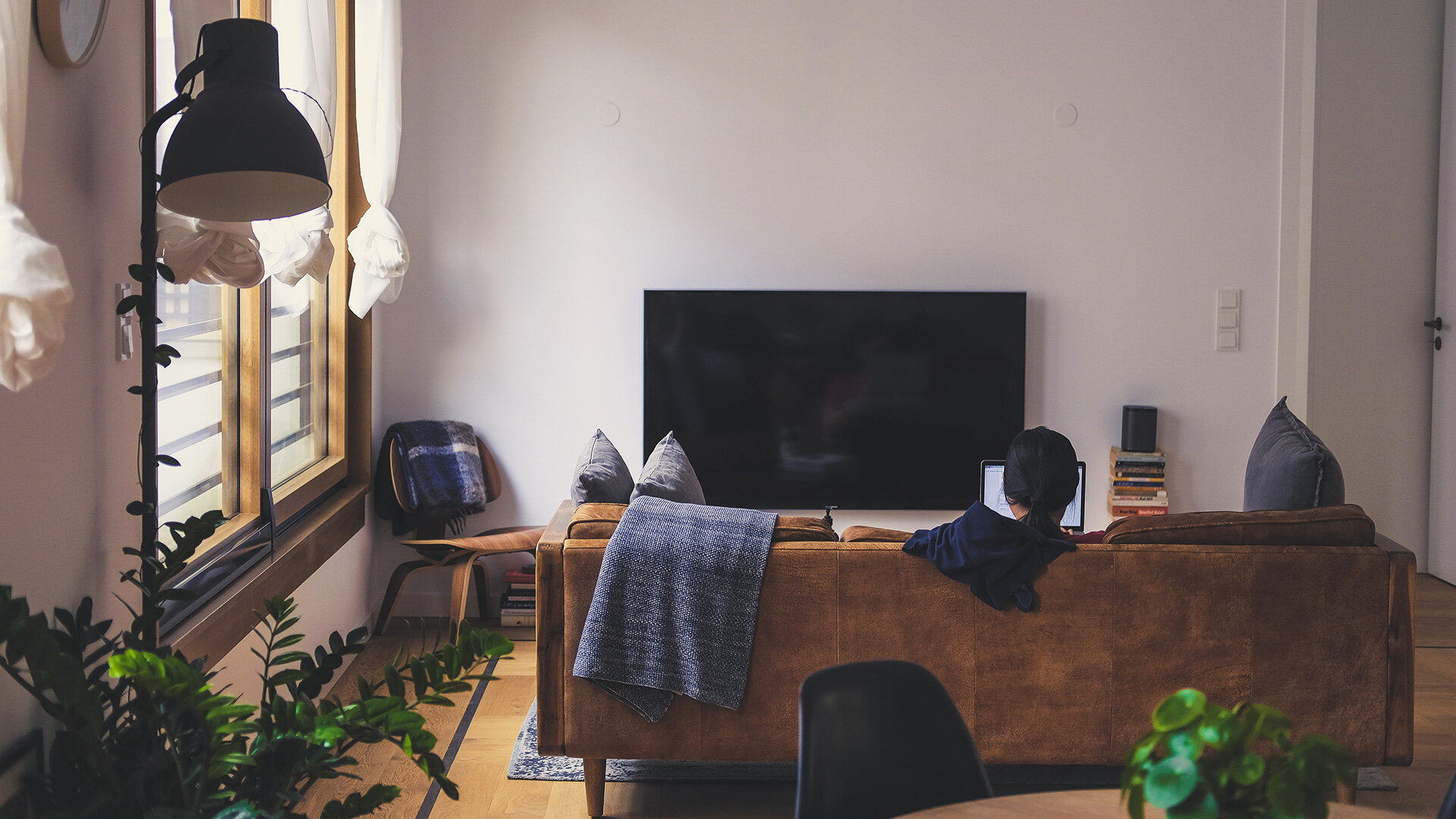In times of uncertainty, many of us feel anxious, scared or overwhelmed. It’s important to try and alleviate some of these feelings, so it doesn’t affect your everyday life.
The Epworth Clinic mental health team have put together some tips to take care of your mental health and wellbeing during this time.
Minimise the time you spend consuming news
Right now, we are in a state of information overload with COVID-19 reports on every channel or social media platform. It is easy to get caught up in all of the information and feel overwhelmed.>
If news about COVID-19 is making you feel anxious or overwhelmed, take a break from social media platforms, TV channels or websites.
If you want to keep informed, set a dedicated time to check in no more than once a day and use one of the trusted sources listed below.
Keep up a routine
If you’re working from home during the week, keep up a consistent routine – like you would have going to your workplace each day. If you start your morning with exercise, or a coffee, do the same at home before you start at home. If you have lunch at a set-time each day, do the same at home.
This also applies if you’re self-isolating. Prepare for each day like you would have done if you were leaving the house. Wash your face, brush your teeth, make your bed and get out of your pyjamas.
You might not have the same routine you normally would but you can create a new one while you are at home. Play with your pet at set times throughout the day, set up regular calls with others, have meals at the same time or even make time to watch your favourite TV-show or movie.
Stay connected with others
If you are self-isolating, or working from home, it is easy to feel lonely. Maintain contact with family, friends, coworkers or school friends during this time.
- Pick up the phone to make a call or have a video conversation
- Video calls can help you feel more connected to people around you, even when you’re some distance apart. Use apps such as Whatsapp, skype or messenger, or use phone features to do this
- Group chats are also a good way to have joint conversations with your network or family, friends or peers. You can use apps such as messenger of Whatsapp to do this
If you know someone who is self-isolating, reach out and see if there is anything you can help with such as buying food or scheduling a regular chat.
Meditate
Meditation and mindfulness practices help you reduce feelings of stress and anxiety by focusing your mind on the present moment and bringing a sense of calm to your thoughts.
There are a variety of ways you can be mindful – listen to a guided meditation practice such as Moments of Mindfulness by Epworth Clinic, available for free on Spotify, iTunes or YouTube, take deep breaths for 30 seconds when you feel overwhelmed or simply try to be present as you do everyday tasks and focus on what you are doing.
Move
Regular physical activity can improve your sleep, mood, relationships and other lifestyle factors so it’s important to keep moving, especially if you are in self-isolation.
Make sure you move regularly and avoid sitting for long periods of time. If it’s safe for you to exercise, there are also a variety of resources online for short workouts you can do at home. You might even have everyday objects at home to use as equipment, such as a filled water bottle for weights.
If you don’t have easy access to resources, check in with your health professional or speak to a physiotherapist for advice.
Do activities that make you happy
Watch a funny movie, bake, draw, listen and dance to music - whatever makes you smile.
If you have internet access, right now, there are also a variety of artists doing free online performances as well as Zoos Victoria live streaming animals.
Managing anxiety in children
Children will naturally pick up pick up information from all kinds of sources, adults, TV and even other kids.
Be aware of what you say when children are around and try to minimise their access to media coverage.
If your child is feeling anxious, talk to them. Be present and listen to their concerns, reassure them that they are safe and people are working to fix the situation. Let them know they can speak to you at any time.
Follow the advice of medical experts
The best thing we can do during right now is to follow the advice of medical experts and minimise the risk of spreading the virus. It is so important to:
- Maintain good hand hygiene and wash your hands frequently and thoroughly, using soap and running water for 20 seconds
- Avoid touching your face
- Cough or sneeze, in a tissue if you have one, then throw it away, or cough into the inner part of your bent elbow, never directly into your hands
- Apply social distancing measures by keeping a distance of 1.5m from people around you. If you need to greet people, simply say hello and don’t use a handshake, kiss or hug
Stay informed through the experts
The only information that counts about COVID-19 comes from reliable resources. Get the facts from scientists and people who understand public health, such as:
- The World Health Organisation website, for a global perspective
- The Australian Government website, for an Australia-wide response
- Epworth HealthCare is providing regular updates for our patients here
We’re all in this together
If you’re finding it hard to cope, please know you are not alone. Reach out to your family, friends and wider networks.
If you have followed a range of steps but can’t shake the feelings away, seek support from a mental health professional.
If you need immediate care, contact a crisis support service like Lifeline (13 11 14), Beyond Blue (1300 224 636) or headspace (1800 650 890). Always call 000 in an emergency.
23 March 2020


